As the rumbling wranglings between the UK and EU continue, as very slowly key questions regarding the critical aspects of Brexit are answered, from an ecommerce merchant perspective important issues remain unaddressed. And one, specifically, is what the nature of the sea and air border between the UK and EU will resemble post-Brexit. There is every possibility of a hard border.
Thankfully the land border issue on the island of Ireland has received some clarity and, if nothing else can be resolved, one of the four component parts of the United Kingdom will likely remain in the single market. That’s actually brilliant news for Northern Ireland and its economy and also offers British merchants an opportunity too. As we’ve written before: Brexit deal could create ecommerce powerhouse in Northern Ireland.
But what about the movement of goods between the mainland and continental Europe? News reports, and commentary from media outlets, are concentrating on how the movement of freight will predominantly mean delays and possible tailbacks as trucks from the UK became congested and backed up on the Dover to Calais crossing route.
It seems likely that, whilst vital, a great deal of UK freight to the rest of the UK goes by plane or via other surface routes. We wonder how much goes through the channel tunnel for instance and what about goods to Ireland by sea? The Irish Republic is the UK’s single biggest trading partner in the world.
Any delays or customs arrangements out of the UK to the EU (Northern Ireland aside) will be an encumbrance on British ecommerce and the EEA (European Economic Area) experience doesn’t inspire much optimism. Three tiny countries, Norway, Iceland and Switzerland make up that bloc and, whilst all enjoy special privileges and expedition, the processes are not flawless or without delays. The arrangement is inferior to that which the UK currently experiences as a full member of the EU.
The UK is a big country, making a huge number of exports, and won’t even be part of the EEA so we should remain circumspect about the possibilities. A hard border with the EU, with customs and delays, remains a possibility.
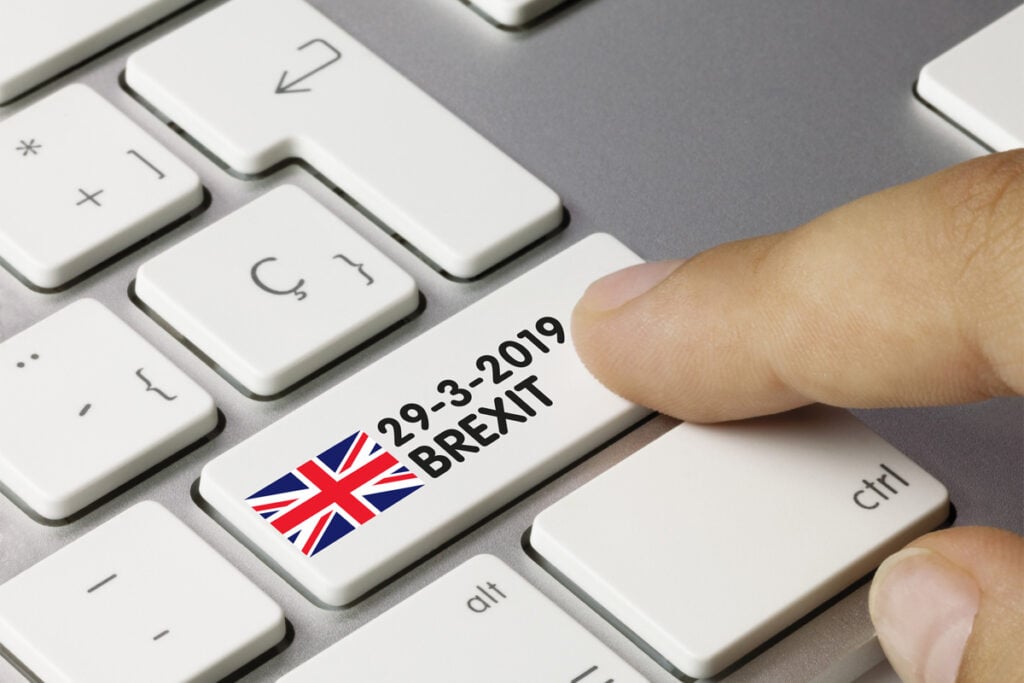

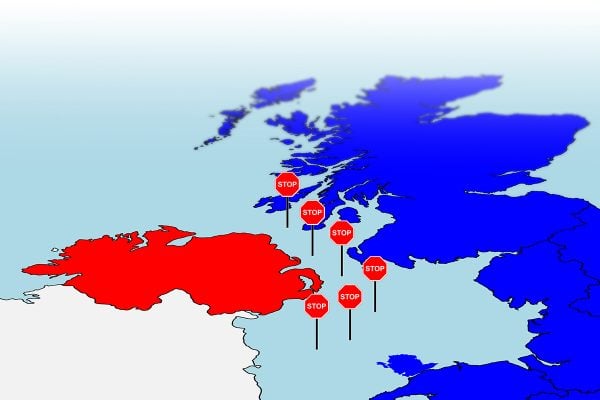
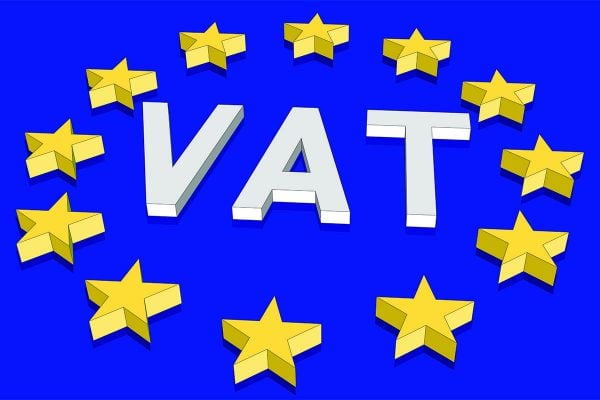
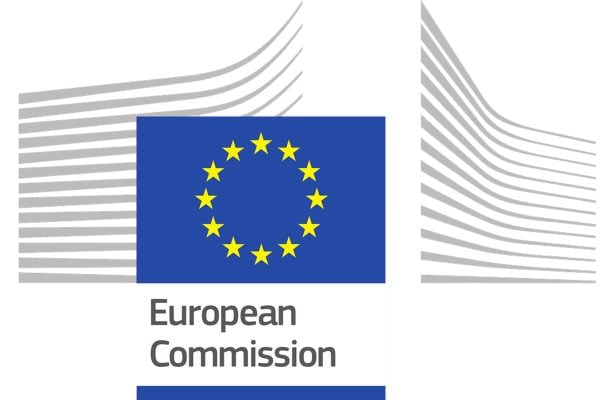

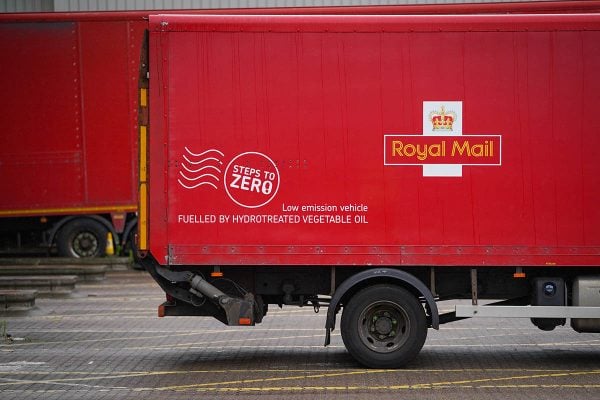


7 Responses
Just let the drivers flash their shiny new blue passports and I’m sure the customs guards will let them driver straight through……
Three tiny countries, Norway, Iceland and Switzerland make up that bloc and, whilst all enjoy special privileges and expedition, the processes are not flawless or without delays.
Having lot of experience selling direct in Norway we can tell you CONSTANT issues with delivery and customs holding everything up, tracked, standard does not matter.
Plus said on your last post, NI remaining in the single market and customs union and the rest of the UK will simply not happen, the can of worms that will open up, and rightly so. Even I will vote for Sturgeon when she starts if they do it.
A hard border with the EU, with customs and delays, remains a possibility. = worst possible outcome, nightmare actually.
There will have to be a VAT border unless we remain in the VAT area (which is the same as the Single Market) so in short if we leave the Single Market YES THERE WILL BE A HARD BORDER. No if buts or debate. Its a fact. The Channel Islands are in the Customs Union but not in the Single Market (VAT area) and there is a hard border… Anyone who voted to Leave who is surprised by this should have done their homework.
A charge is made by HMRC on all imports to the UK from outside the EU with a value above £15. After the end of December 2020 it will apply to all imports into the UK which will include those from the EU. Expect to pay VAT duty and a handling charge that often dwarfs the VAT on all goods bought mail order from the EU after 31st of December 2020. It is likely the £15 VAT free allowance (LVCR) will be scrapped to protect UK business meaning that all packages entering the UK will be subject to VAT and handling. Goods going to the EU will be subject to VAT under the new VAT rules due to take effect in 2021 . Under those rules VAT will be chargeable by the seller at the rate due where the customer resides and will be payable to the EU. It will be policed by eBay and Amazon. It’s all here https://ec.europa.eu/taxation_customs/business/vat/digital-single-market-modernising-vat-cross-border-ecommerce_en Bexit is bad for ecommerce based in the UK. You’d be better off in the EU.
https://www.vatlive.com/vat-news/uk-to-leave-eu-vat-regime-31-dec-2020/
This means we will be outside new Digital Single Market and under the new rules that will begin to operate in 2021 VAT will be chargeable (by the seller) on all sales to the EU (under the updated VATMOSS) plus potential import tarrifs and ironically eBay and Amazon will be policing it for EU under new legislation that is being introduced.
Also coming the other way LVCR will apply to all imports into the UK from the EU making all mail order sales from the EU into the UK VAT free up to £15. This will replicate on a far greater scale what was happening in The Channel Islands and will almost certainly result in mail order operators moving their fulfilment hubs to France etc. for the purposes of supplying UK customers.
It will make more sense to run an e-commerce operation from within the EU.
Not being in the EU has only benefited the chinese, they are smashing it on amazon and ebay and all tax free..
They are outside the net of HMRC, rendering them useless, as seen the last 15 years.
Thats not an issue that just affects the EU. Thats an issue of the seller not having a taxable presence in the market and is a worldwide problem . New EU legislation die to come into force in 2020 will end that as noted above but UK wont benefit from it …